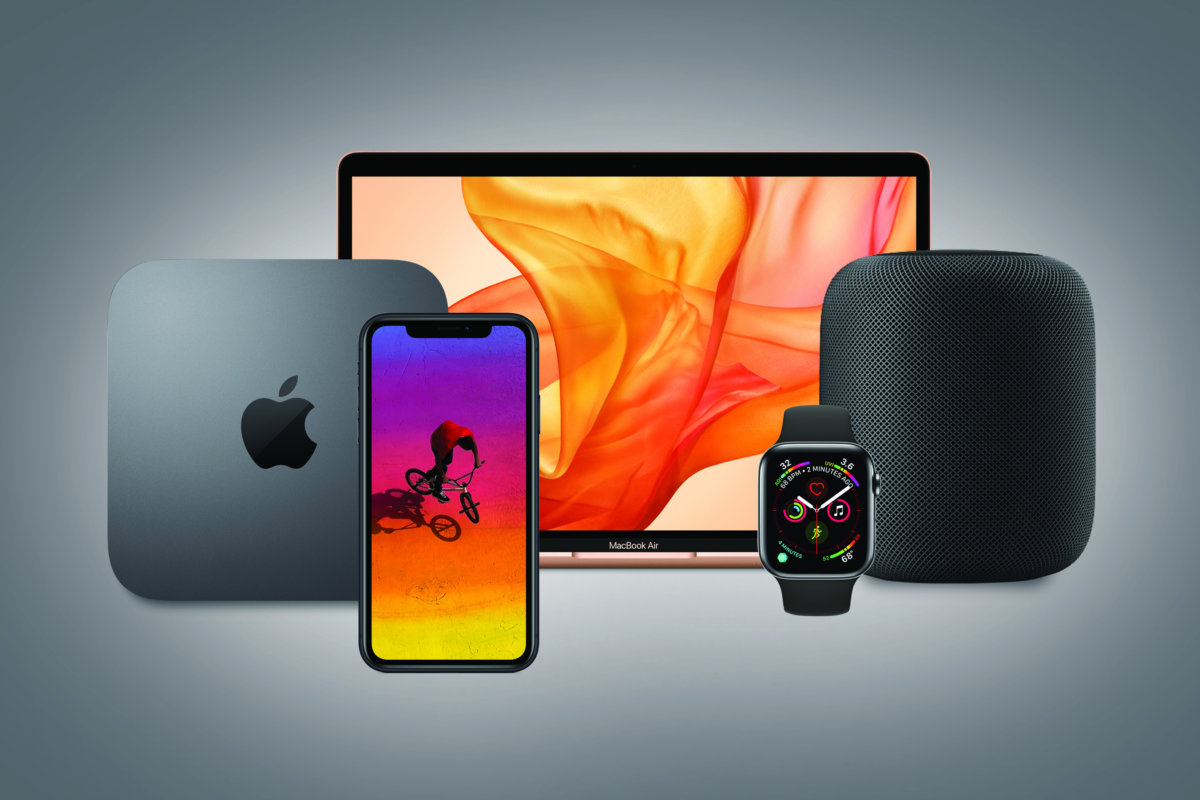Do you ever stop to think about it? Do you ever stop to contemplate your reasons for buying something?
I think about this all the time like it’s my job (really not , lol) because it is. If you’re in sales and marketing, it is your job, too. Start thinking about it.
Let’s take this , MacBook Pro . Why did the company buy it for me? Well, #1, I asked for it. Duh. But I truly did ask for it. I spec’d it out like I was Johny Ivy, designing the beautiful Masterpiece that is the MBP.
OK, why else did I ask for it? Is it because of what it does for me? Yes. Is this laptop a tool used to get things done? Yes. Is it for entertainment purposes? Yes. Is it a vehicle used to create entertainment? Yes. Is it to create content? Yes. Is it to store and edit photos? Yes. It is to stream music? Yes. Is it to handle my email? Sure.
Yes. It does all of these things. But those are the logical reasons why I buy the MacBook Pro. Let’s look at the far more powerful, typically unspoken, emotional reasons why I buy the MacBook Pro.
A long time ago, before Apple completely and utterly killed it in the marketplace with the iPhone, iPad, new Macs, etc., Apple positioned itself as a brand for creators. It is fair to say Steve Jobs created a cult, a Culture for Creators, by Creators, for people who care about art and technology converging with beautiful, thoughtful design.
This culture was specific. This culture was not for everyone. This culture flew the black pirate flag over corporate headquarters in an act of defiance (yes, really). Early on, Jobs positioned Apple to stand for something strong: art, technology and creativity. Apple was — and still is — for people who care about art, technology and creativity.
Please note: Apple never was, nor is it today, for everyone. It is still for particular people.
Because of this expert positioning and an utterly meticulous attention paid to design through end user empathy, Apple enjoys premium pricing with very little discounting. Further, the company earns fierce loyalty to the brand.
You know how some people cry when they make it to Disney World in Orlando? Like they are finally seeing their childhood dream come true in front of them? Some people cry when they finally make it to Cupertino, CA, to see for themselves where it all began. And to see where the True Magic gets created to this day. I am one of those people. (I’ll take the pilgrimage to Cupertino, not Orlando.)
We buy the MacBook Pro because of our deep emotional connection to the brand. Like allegiance to a college football team, it is a tenacious, invisible bond, never to be broken. We buy the MacBook Pro because to use it for work and for play is pure delight, pure fun, pure surprise. It is intuitive enough to know to get out of the user’s way and allow her to get to the important work of creating.
This is a value that Windows makers never got. They still don’t get it. And they never will.
That’s OK: it isn’t for them. MacBook Pros are for people like us who do things like this. Apple Executives work very hard to ensure they don’t do anything to screw up this deep, emotional bond they and the brand has with millions and millions of people worldwide. They know they are in an incredibly envious business position with their premium product pricing on consumer and professional goods.
The difference between Apple Executives and executives of other firms is Apple people actually care. They care about music. They care about art. They care about bleeding-edge Tech. They care about design. They care about execution. They care about the magic of small teams. They care about building community around Apple Stores. They care about emotions. They care about people. They care about legacy.
We buy Apple because of emotional connection. We buy Apple because of community. We buy Apple because it makes us feel special associating with the brand. We buy Apple because it is for Creators, by Creators. We buy Apple because we want to make things better by making better things. And we want to look good while doing so.
by Jeffrey Bonkiewicz

